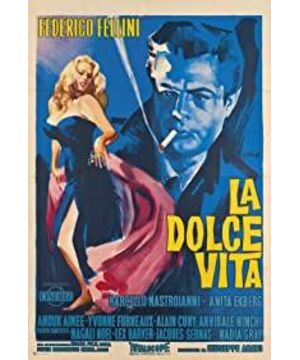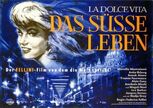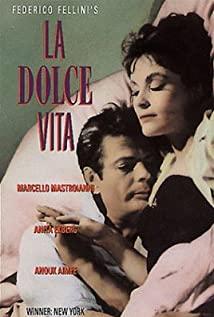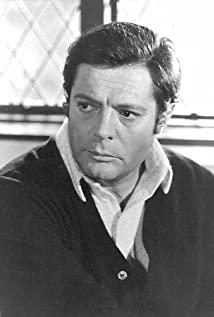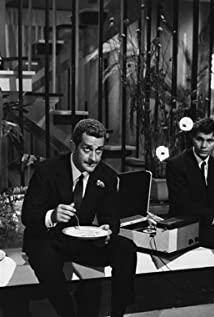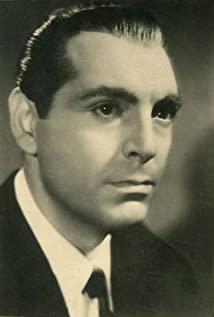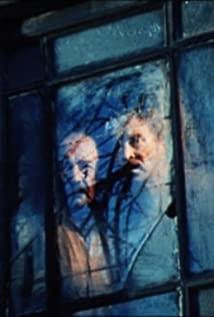I got up in the morning, and after watching the remaining 20 minutes with difficulty, I found that I had watched this movie for three days. I wrote in the short review: From the very beginning, it was amazing, and I really watched too few good movies. At the end, I was expressionless and kept checking the progress bar, and I went through a process of ups and downs.
After thinking about it for a while, I first look for the problem from myself. I am a young man born in the Internet age, and I have read a lot of films, but under the influence of certain factors, I have formed my own film thinking, about what film is, film What should be said, how to say it, etc., have formed their own expectations for watching movies, let’s be blunt, the so-called certain factors refer to the Hollywood narrative structure, when to build a good character, what are the characters’ desires, and whether the contradictions are without traces. The introduction is deeply embedded in my mind, and I keep taking it out during the viewing process, hoping to be seated with the movie.
But "Sweet Life" doesn't. Except for the initial character and background construction, there is no clear clue in the whole film. I believe it's not that I can't find it, but that it really doesn't. This is how Fellini was introduced in the history of cinema. As assistants to the masters of neorealism Rossellini, Desica, and Visconti, Fellini and his companion Antonioni did not follow their old ways, even to the extent that they were completely different from neorealism. Contrary to the proposition to create, which can be described by the relationship between the characters and the environment, neorealism is that the environment defines the characters, and the environment dominates. While Fellini and Antonioni use characters to define the environment, the environment is only a materialized portrayal of the characters' psychology.
Fellini adds ideals, love, freedom, meaning, and the pursuit of value to his story concepts, and his style tends to romanticism. Antonioni blurs the reality and focuses on the subjective perception of people.
In "Sweet Life", Marcello has been confused. As mentioned above, his life could not find a clear desire and direction. The life scene like a mixed cut is actually nothing. I'm happy to say that this is a Palme d'Or, and perhaps it's this Fellini-esque nothingness that won the jury's praise. No one needs to doubt Fellini's incomparably mature control over theatrical power, the language of the film, and the audio-visual control of the characters. This is illustrated by "Eight and a Half" a few years later.
From this, it can be concluded that there is no problem with the film, all this is designed, and I need to reflect on myself, a film in 1960, the filmmakers are doing unparalleled experiments, which easily exceeded my cognitive boundaries, As a young movie fan who often watches old movies, it is really embarrassing to die.
View more about The Sweet Life reviews


